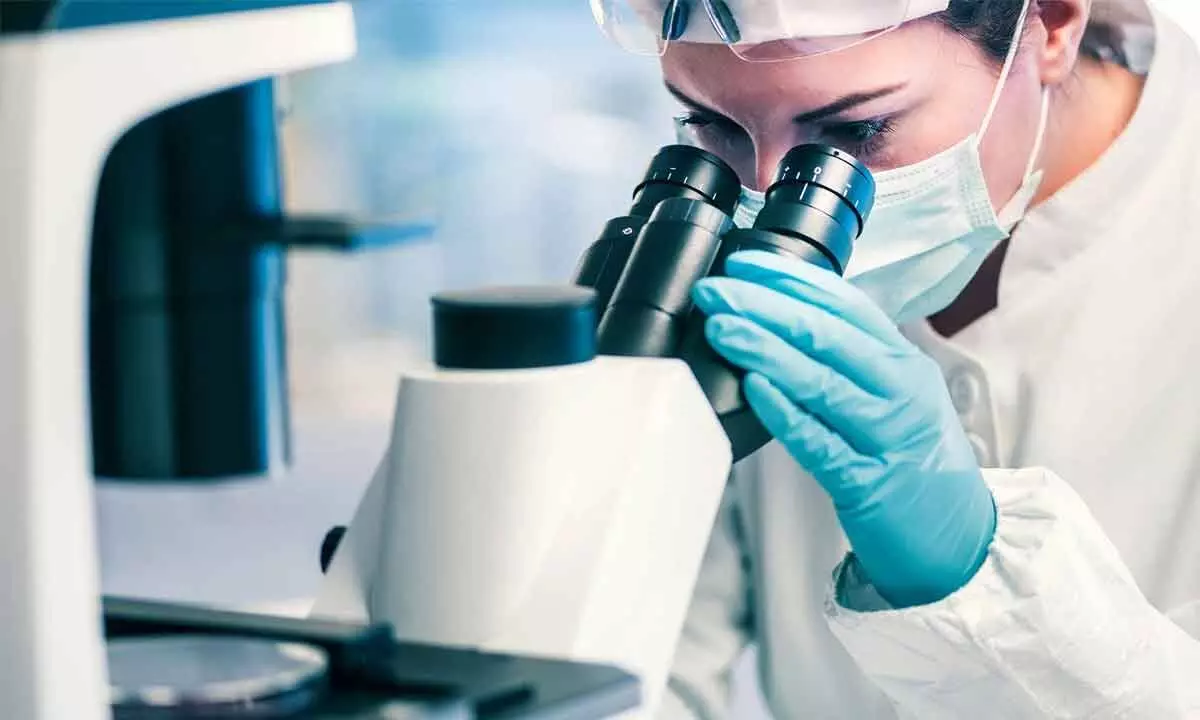Researchers predict Crystal properties through AI-assisted machine learning

Researchers from IIT Kharagpur in collaboration with the Indo-Korea Science and Technology Center (IKST) have developed a method called CrysXPP to predict the properties of crystalline materials through machine learning.
Researchers from IIT Kharagpur in collaboration with the Indo-Korea Science and Technology Center (IKST) have developed a method called CrysXPP to predict the properties of crystalline materials through machine learning.
Until now, crystalline materials have been difficult to test on a large scale and determining the electronic, magnetic and elastic properties of a crystal is often time-consuming, expensive and calculation-intensive as it requires extensive experimentation.
Machine learning algorithms are data-intensive which involves large amounts of data from the source materials labelled with property labels to accurately predict properties of new crystals, a spokesperson of IIT Kharagpur said on Tuesday.
With these shortcomings in mind, IIT Kharagpur researchers have developed CrysXPP, a machine learning system that enables rapid prediction of various material properties with high precision. IIT Kharagpur Professor of Computer Science and Engineering and Visiting Professor at L3S Research Centre, Germany Prof Niloy Ganguly, stated "the published work addresses the important problem of sparse and opaque data, which are the main obstacles in predicting the properties of crystals quickly and accurately."
CrysXPP takes care of this because the individual atoms and their interconnections in the crystal structure are also responsible for the specific properties of the crystal. Associate Professor in Computer Science and Engineering department Pawan Goyal said, "Machine learning methods are fast and do not involve costly calculations. But the problem with machine learning algorithms are, they are data intensive and require to be trained with a large amount of property-tagged data of stock materials to make accurate property predictions of new crystals. Such property-tagged data is not available sufficiently.
Moreover, whatever is available is not experimentally derived property rather theoretically (DFT) calculated." Hence training with theoretically derived data can lead to biases and inaccuracies within the system. To overcome these limitations, CrysXPP was developed, he said.











